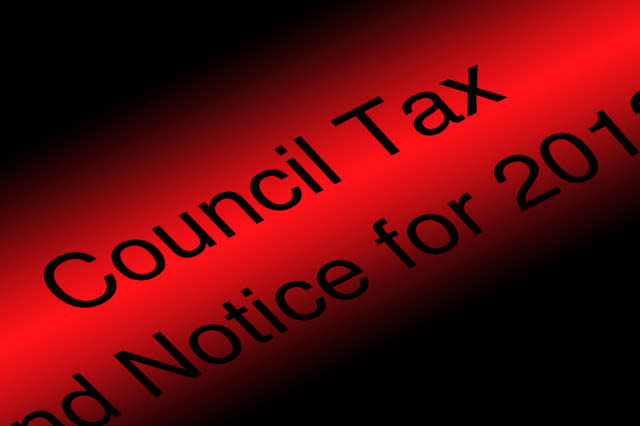How much are you paying for council pensions? Brace yourself...

This year, the average counciltaxpayer is forking out £400 a year for council pensions. That's up 15% in a year in England and Wales - as the total council pensions bill jumped £1.1 billion.
The figures were published by the Department for Communities and Local Government, which showed the cost of the pensions themselves rose from £6.5 billion to £7.3 billion, while the cost of admin rose from £627 million to £878 million - a combined total of £1.1 billion.
The Daily Mail calculated that for someone in the average B and D council tax band this meant that council pensions accounted for a massive £418.38 from the annual tax bill of £1,468.
%VIRTUAL-ArticleSidebar-council-stories%
A time of cuts
This is an astonishing pensions bill even in isolation, but when you consider it in context it's outrageous. Council tax bills have been frozen, so every penny more we pay for council pensions is a penny taken off spending elsewhere.
Councils across the country are making dramatic and painful cuts to everything from family services to care for older people and rubbish collections. It's shocking to think that this is happening while the cost of administering and paying generous pensions for council staff goes through the roof.
Of course, while taxpayers are forced to pay their council tax bills and feather the nests of council workers, many of them are struggling with wages worth far less than they were at the onset of the financial crisis, and many cannot afford to contribute a penny to their own retirement.
Only fair?
The councils defend themselves, saying that they are doing everything they can to cut costs. The pension schemes are pooling their investments, which will reduce administration costs. They are in the process of increasing the retirement age - which will also cut the bill.
The Coalition government also did a deal with the unions in 2012 that linked council pensions to career average pay rather than final salary, which will eventually start bringing the costs down. However, the fact that this doesn't kick in for another ten years means that the cost of pensions will continue to soar in the interim.
Council workers might also argue that when they embarked on their career, they considered a generous pension as part of the package. They have already had to accept a cut to a career average pension, so to have any more of their benefits taken away from them unexpectedly would be devastating.
But what do you think? Are you convinced by these arguments, or do you feel ripped off by the fact that almost a third of your council tax is going on someone else's pension? Let us know in the comments.





